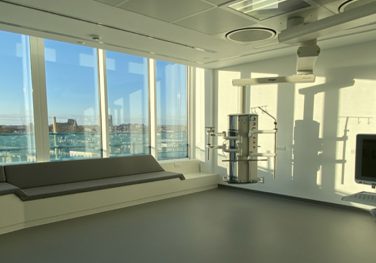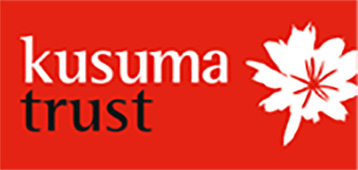Covid Response: Barts research appeal – COVIDsortium
Helping find answers to urgent questions about COVID-19
COVID-19 has caused the greatest pandemic in living memory. As well as being able to provide the best treatment and care, it’s vital that medical professionals and scientists understand as much as they can about the disease.
There are so many questions that need answering, such as why do some people develop severe symptoms and others never get ill despite being infected?
That’s why we decided to fund clinical research that will help deal with the current pandemic, as well as future ones. We gave a contribution of £25,000 to the Barts Charity appeal for research into the impact of the COVID-19 coronavirus on NHS healthcare workers.
- A team of 76 staff– research nurses, medical students, scientists, doctors – were involved in collecting and processing the samples from 730 frontline healthcare workers
- 7,000 nasal swabsand 80 litres of blood (a bathtub full!) were divided into 200,000 samples and distributed to more than 20 research groups from across UK.
- Bioresources gathered were enough for 25 research teams and a network of 10 institutions in different countries. They’ll use them to understand the effect of genetics and other factors that determine a person’s susceptibility and immune response to the infection.
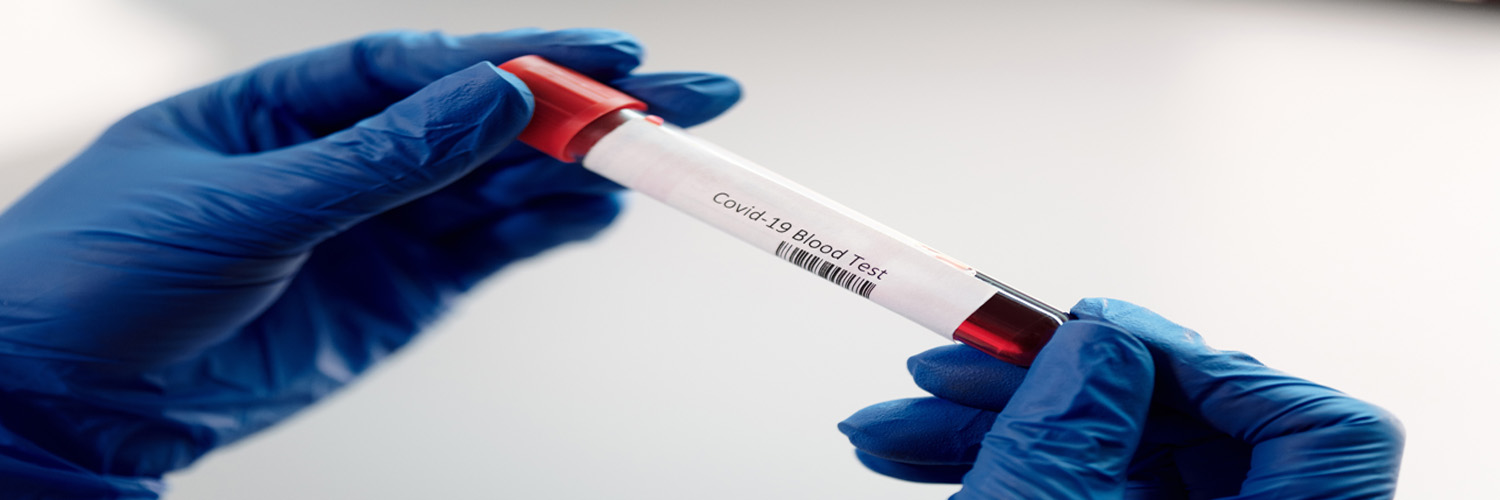
Shared bioresource for collaborative research
Dr Charlotte Manisty, Professor James Moon and their team embarked on a pioneering project with Barts NHS Health Trust, in collaboration with University College London (UCL) and Queen Mary’s University London (QMLU). Their research focused on gathering blood samples and health data from frontline healthcare workers, rather than patients admitted to hospital with COVID-19. This was because healthcare workers have high exposure rates to the disease – it also allows researchers to compare samples from each person before, during and after their exposure to COVID-19, and to investigate the disease in people who develop only mild symptoms or are asymptomatic.
The data collection we supported enables research into the impact of genetics on the disease, our immunity to it, as well as ways to treat and prevent it.
Barts COVID-19 research was the only large study collecting serial data on people pre, during and post transmission of coronavirus and will generate a “bioresource” for collaborative science with leading research groups around the world. (A ‘bioresource’ is a set of biological materials or resources for scientists to use in research.)
Barts Charity required urgent support for this research. We were able to respond swiftly with a donation in April 2020. This was necessary for them to work on the research without taking away precious resources from the NHS.
Leading institutions including Public Health England, University of Oxford, Imperial College London, UCL, QMUL, University of Nottingham and sites across Europe applied for access to use the samples to help specific COVID-19 research to address these and other questions.
“Kusuma Trust is delighted to have been an early funder of the COVIDsortium, supporting their innovative work. The scale and variety of interest from research groups into the COVIDsortium resource shows the important role these samples play in gaining new insights into COVID-19.”
More Success Stories
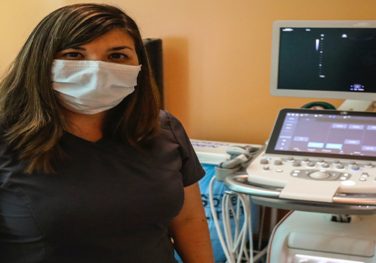
Covid Response: Royal Brompton & Harefield Hospital
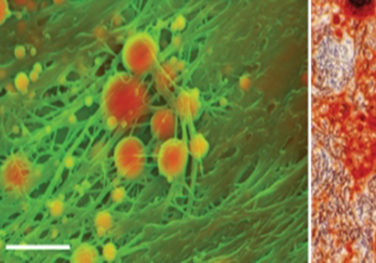
The Stevens Group at Imperial College London
